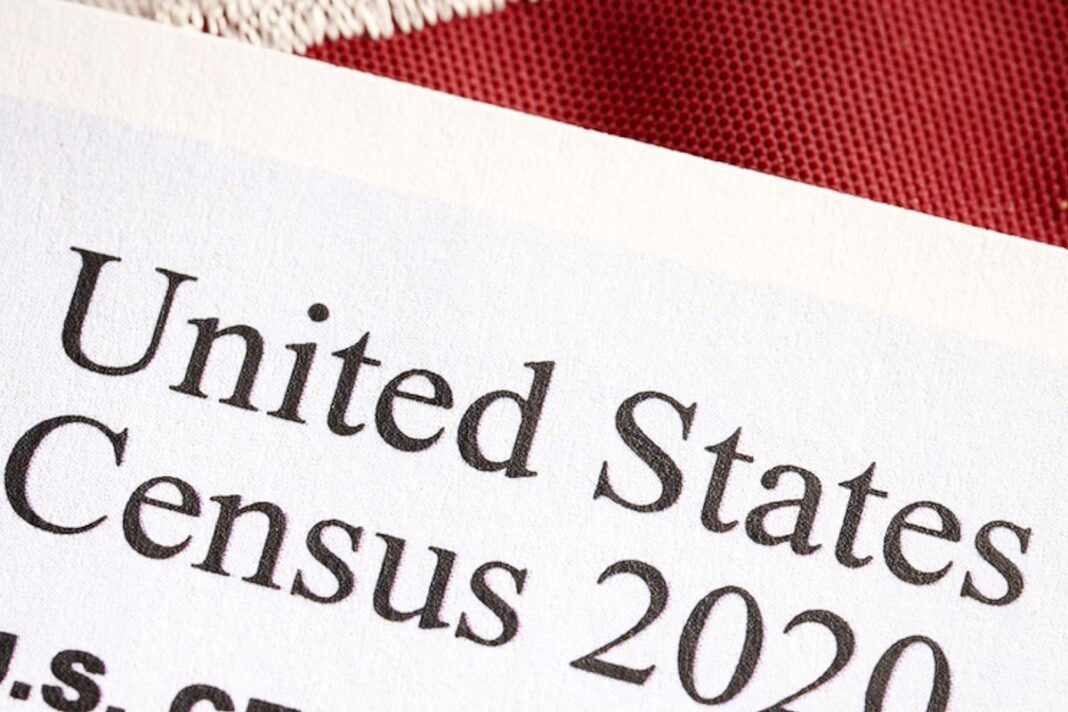The president says the count will draw on 2024 election data and rely on ’modern day facts.’
President Donald Trump said on Aug. 7 that he has instructed the Department of Commerce to begin work on a “new and highly accurate” census, one that would exclude individuals who are in the United States illegally.
In a statement posted to Truth Social on Aug. 7, Trump said the new population count would be based on “modern day facts and figures” and would incorporate results and information gleaned from the 2024 presidential election.
“People who are in our Country illegally WILL NOT BE COUNTED IN THE CENSUS,” he wrote.
The announcement sets up a possible legal fight over how population data is gathered and used for federal funding and congressional representation.
Trump is making a renewed attempt to reshape the once-a-decade census—a constitutionally mandated count that’s used to apportion seats in the House of Representatives and allocate more than $1.5 trillion in federal funding.
Trump’s post did not clarify whether the effort would be tied directly to the 2030 census or carried out as a separate statistical undertaking.
The move echoes efforts during Trump’s first term to reshape census procedure. In 2019, his administration attempted to include a question about citizenship status in the 2020 census. That proposal was blocked by the U.S. Supreme Court, which ruled in a 5–4 decision that the administration’s justification for the change was insufficient under the Administrative Procedure Act.
Trump issued a memorandum in July 2020 directing the Census Bureau to exclude illegal immigrants from the apportionment base used to determine congressional seats and Electoral College votes. The order argued that counting individuals residing in the United States illegally rewarded sanctuary policies and distorted representation.
Critics, including the American Civil Liberties Union and several Democrat-led states, immediately challenged the memorandum in court, citing the 14th Amendment’s requirement that apportionment be based on the “whole number of persons in each State,” regardless of legal status.
A federal court in New York ruled against Trump’s directive, finding that illegal immigrants qualified as “persons” under the Constitution. The Supreme Court later declined to issue a definitive ruling, deeming the dispute premature.
By Tom Ozimek







